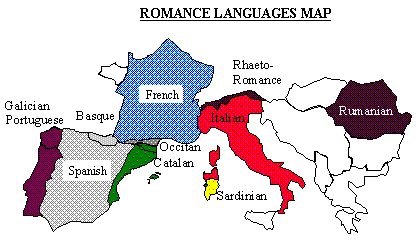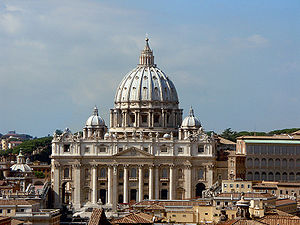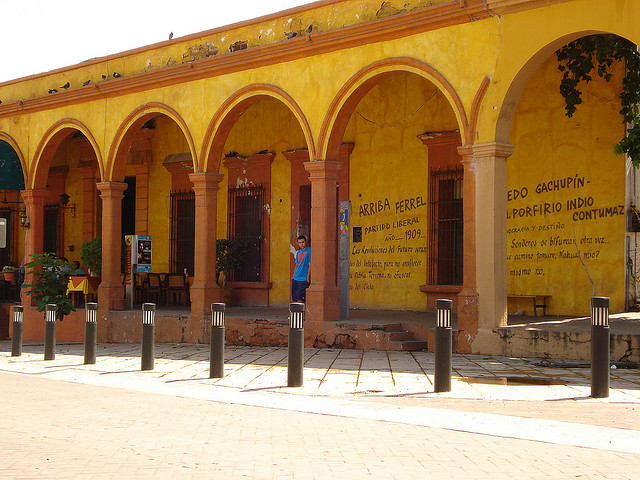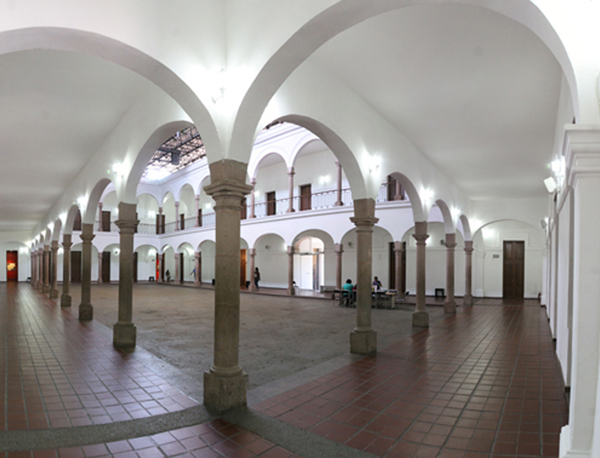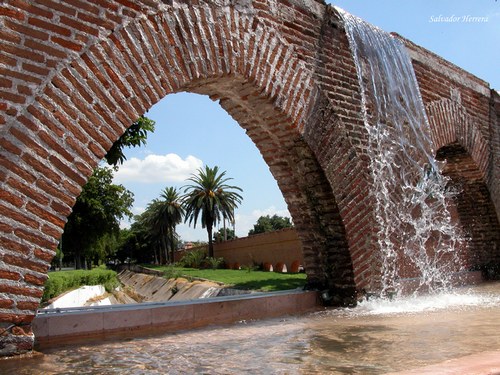Many millennia ago, a few years after the creation of the world, men came to be, and with them appeared the gods.
The gods inhabited the only existing city by the time with men as guides, judges, masters and sovereigns, with the only task of watch, judge, punish and reward humans.
Cahotic was the nature of men, and yet, with the prescence of the gods among them, they became , with time, generous creatures with strong discipline and respectful of the law of the gods.
The gods noticing the lack of evil in existence, decided to select four individuals to observe their actions and to look into their hearts to decide the fate of the human kind.
The four selected men were two farmers and two businessmen. With these individuals, all sectors of society were going to be judged fairly for gods are not human and lack of any mortal need and yet, they share emotions and knowledge suffering, pleasure and mercy.
The task started and so did the day of the first farmer. At dawn, he plowed the land and fed the livestock, sold some of his products in the market. In this last stage, a malnourished infant stole some stuff of the farmer’s stand; the farmer grabbed his hand and gave the child a basket of bread. Finalized was the day of the first man.
Then was the turn of the second farmer. At dawn, he plowed the land and fed the livestock, sold some of his products in the market.In this last stage, an old woman asked if he could give her some spoiled fruit if he had to feed her family, for they were poor. The farmer refused to give her any food to the women as it was against the law. When the day was over, the farmer retourned to his home without knowledge of what was going to happen. Finalized was the day of the second man.
The next day, the first rich men was going to be observed. He woke up at noon and went out for a walk. While walking in the city most expensive market, he noticed a poor farmer with a weak and skinny cow. The rich men regarded at the men for a while, came close to him, and gave him ten gold coins. Then, he returned home and slept again to not wake up until the next noon. Finalized was the day of the third men.
The last day, the second rich men had the destiny of his race in his hands. He woke up at noon and visited his friend, a powerful landlord, to talk about business. On his way, he watched how a thief stole a woman’s purse, so he had the men arrested and imprisoned. Then he spent the rest of the say with his friend and returned home. Finalized was the day of the last men.
The next morning, the four men appeared in the king’s palace. It was impressive for the four men, but not for the gods for nothing was impossible to them. It was the day of judgment.
The king asked the first man, the first farmer, the reason why he gave the poor kid the food he did, and the farmer answered: “I did it for it was your wish, and you never doubt to reward someone for their actions”.
The gods, impressed, asked the second man the same question, to which he replied: “It is necessary to make sacrifices, even if it causes pain, to maintain order in life”.
The king was disappointed at this point. He turned his head to the third man, the first rich men, and asked why he gave the men the coins. The rich businessmen answered humbly: “I know what pain is as I was poor some time ago, it was the best I could do without harming someone by giving them too much”.
The king was a little relieved, and proceeded to ask the final question to the last man, the second rich man, which the man replied: “I did what I did to prevent the pain of the less protected in the future. It is painful but necessary”.
The gods, after realizing that the hearts of men were far more complicated than their own, there was no way to determine if someone is totally good or evil, and that if they stayed with men more time, they could become incapable of sustaining themselves, and they decided, with pain in their hearts to abandon mankind to their own fate, giving them responsibility of their own actions.
That is the reason why life is unfair. Good people is punished, evil people is rewarded, or neither, and it is of no one’s fault nor responsibility. Things just happen and there is nothing men can do but trying to do what they feel, in their hearts, is the best for everyone.





